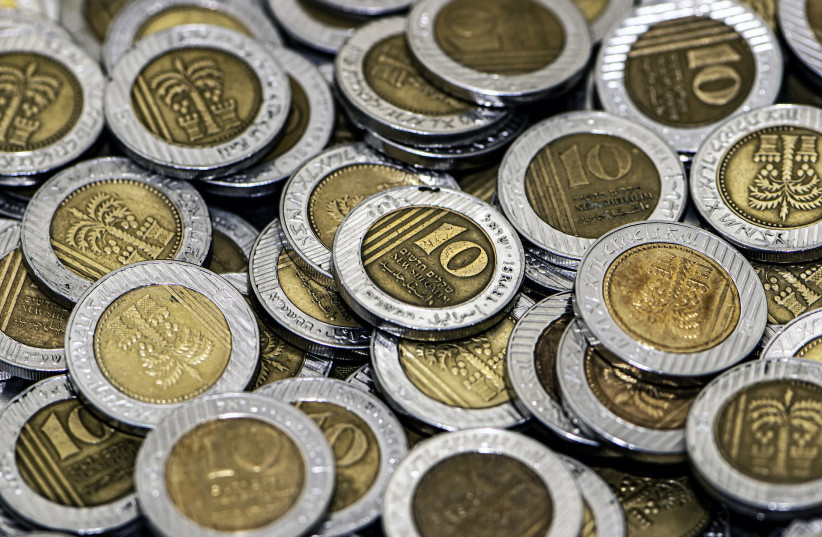Israeli food company Strauss Group announced price rises on a quarter of its products on Tuesday. From February 1, the price of Strauss’s olive oil will rise by 25%, chocolate bars will rise by 12-14%, chocolate snacks will rise by 4-9%, chocolate drinks, and cocoa will rise by 10%, coffee will rise by 12%, hummus will rise by 3-6%, tahini will rise by 5%. Prices of other snack products will rise by 6-9%.
The company says that the decision to raise prices follows large rises in prices of raw materials in the past year. It says that prices of butter and cacao pulp have risen by 88%, the price of tahini has risen by 30%, and prices of sugar and olive oil have risen by 60%. It estimates the effect on its costs of these price rises at over NIS 100 million.
Strauss emphasizes that prices of its dairy products, Turkish coffee, coffee capsules, instant coffee, Yad Mordechai honey, “Ta’am hateva” (“Taste of Nature”) products, and fresh salad vegetables, will not rise in this round.
This is Strauss Group’s fourth round of price hikes in the past thirteen months.

Layoffs will not include reservists, those evacuated from their homes
Strauss Group also announced further streamlining measures, in addition to several such measures that it has carried out in the past year, laying off 150 employees, mainly at the management level, which will not include employees who have been evacuated or those serving in the army reserves. The layoffs are expected to save the company between NIS 45 million and NIS 55m. annually.
“We are aware of the difficult situation, and therefore the price rises are the minimum necessary in the current business reality,” said Strauss Group president and CEO Shai Babad.”The focus and streamlining processes within the company will enable us to continue investing in infrastructure and future growth. In 2023, we invested hundreds of millions of shekels in our plants and supply chain all over Israel, and we shall continue with that this year, out of a commitment to ensuring nutrition security in general, and in wartime in particular.” Babad added.
